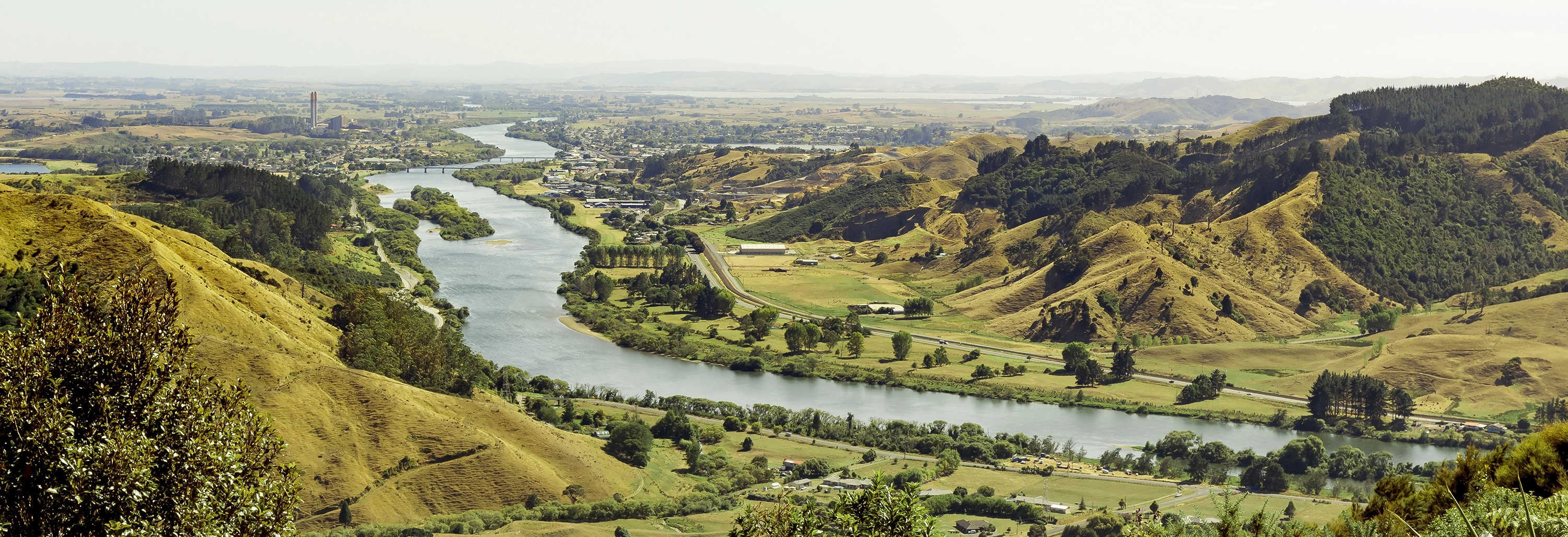
Our research projects include:
Carbon Capture Storage
The Centre obtained a $245,000 contract from the Ministry of Business, Innovation and Employment to develop a legal and regulatory framework for CCS in New Zealand. In order to complete the research in the short time frame specified, the Centre employed a Research Officer, and drew on Faculty capability as well as contacts internationally (Australia, Canada, Norway/EU) with expertise on CCS. The research was assisted by an Advisory Committee that included the President of the Law Commission, representatives of Straterra, professional practice, and the NZ CCS Partnership.
Energy Cultures I
The Energy Cultures project, funded by the Ministry of Science and Innovation, used leading social science expertise and several complementary methodologies to improve understanding of the drivers of household energy behaviours. This informed the design of more effective energy-efficiency policies, interventions and incentives. The project team was multidisciplinary, drawing from Consumer Psychology, Economics, Sociology, Human Geography, Physics and Law. Barry Barton provided the law component and was investigating the way that different modes of regulation could best affect behaviour.
Energy Cultures II
Professor Barton was a key researcher for the Energy Cultures 2 project, also based at the University of Otago, a five year MBIE funded project worth $3,199,694 from October 2012 to September 2016. The project worked with New Zealand’s transport and business sectors to support a faster and more effective uptake of energy efficiency, including the uptake of new energy efficient transport technologies and practices, and identified the system-wide changes that would be required.
Intercoast
Intercoast was a substantial PhD-training programme on coastal zone science, law, and management. It was a partnership between the University of Waikato and Bremen University. Over 20 PhD students in different disciplines were dividing their research time between the two universities. Five were in Law.
Geothermal
Geothermal resources have their own particular legal questions. Effective legal regimes for geothermal resources are a matter of international interest, among the many countries that have this option of producing electricity or usable heat. CEREL was participating in a research project led by GNS Science, “From Waste to Wealth: Commercial Recovery of Products from Geothermal Fluids.” CEREL’s contribution was to ascertain rights to minerals found in the water and steam that was extracted from the ground in the course of geothermal electricity generation.